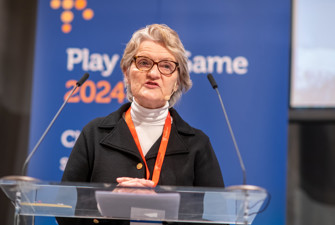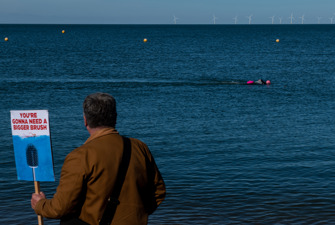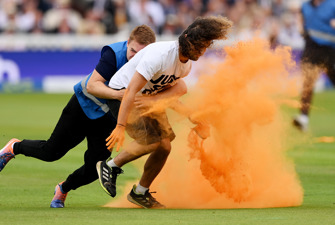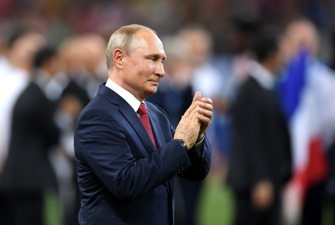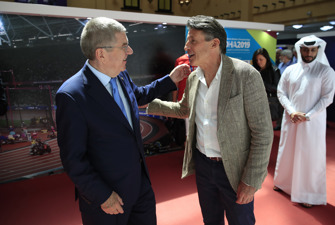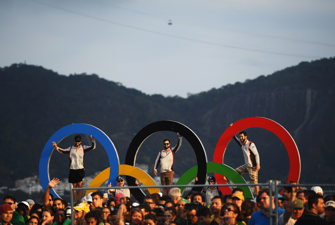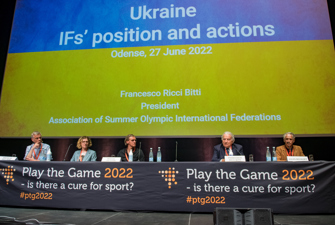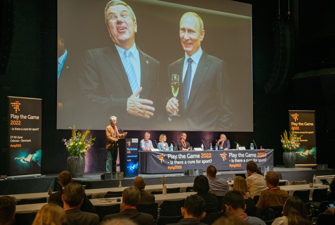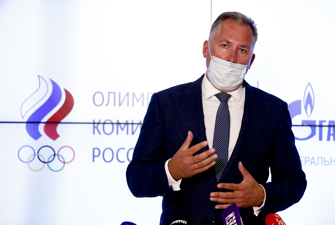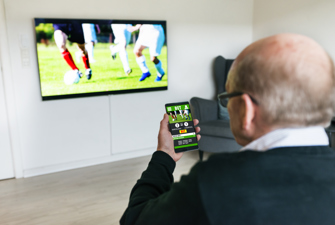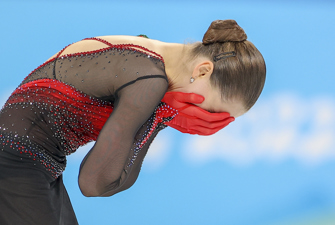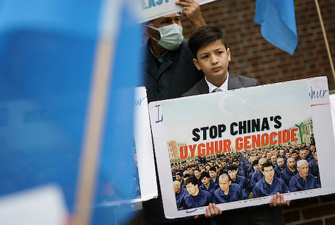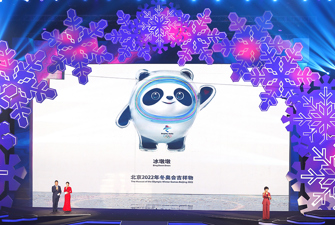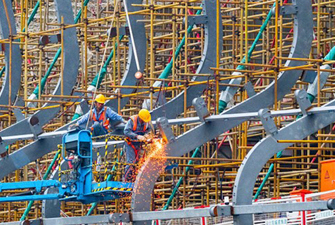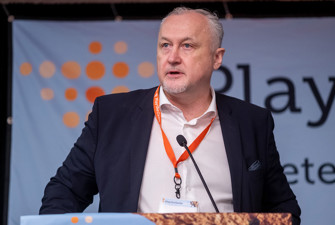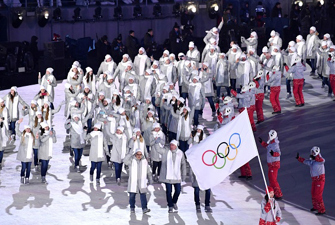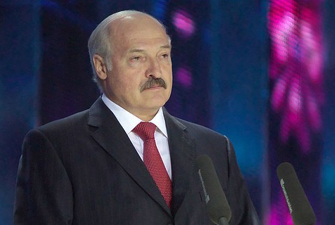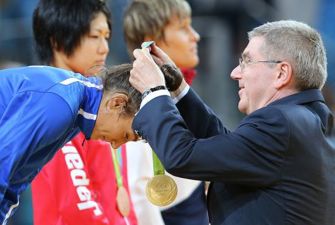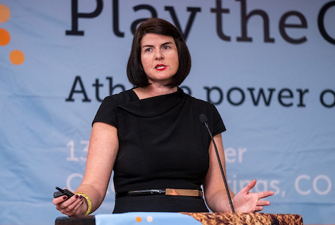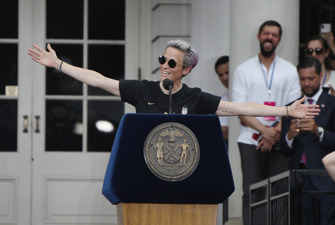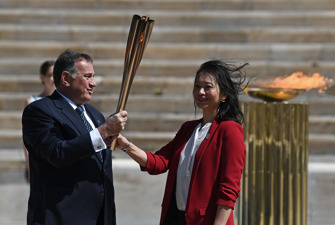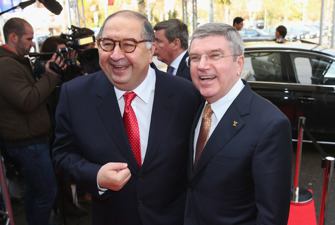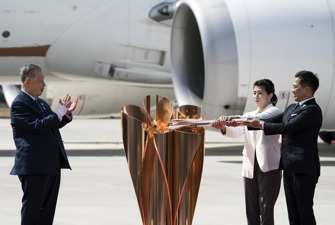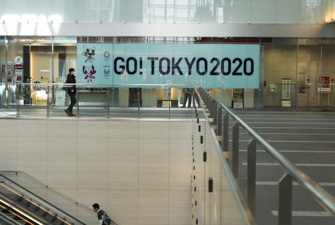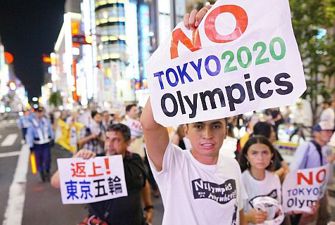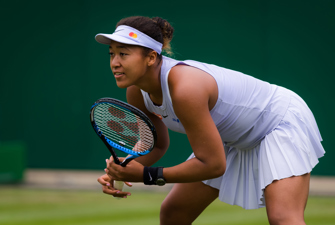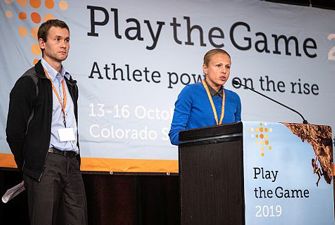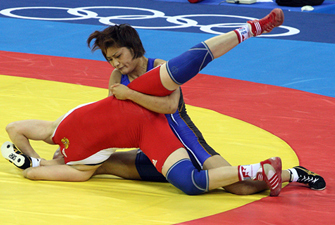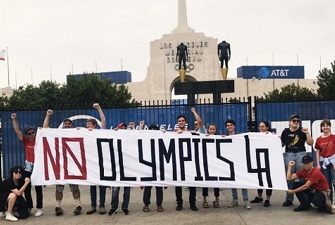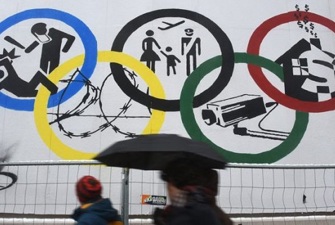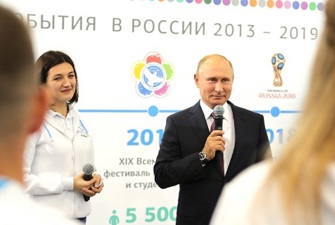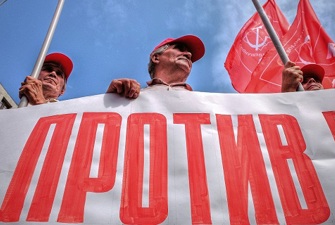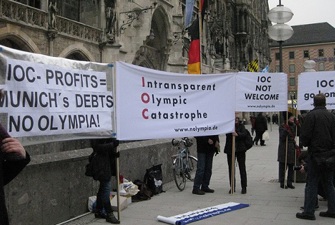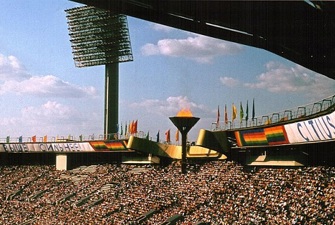For your eyes only
Currently, the IOC faces great international pressure because of Russia's new, strict anti-gay laws. Andreas Selliaas comments on the situation and on whether the IOC ought to take a greater political responsibility.
At odds with the law
The strict anti-gay laws in Russia have attracted international attention, but what created the most outrage was when the Russian Sports Minister, Vitaly Mutko, confirmed that gay athletes could risk getting arrested during the Winter Olympics in Sochi.
The British actor Stephen Fry called for prime minister David Cameron’s action against Russia and compared the Russian anti-gay laws with the nazi-regime, and in Norway bartenders have started a boycott of Russian vodka after the news that gay athletes could face prosecution during the Sochi Games.
The international pressure has prompted a reaction from the IOC as the new law is contrary to the Olympic contract agreed upon by Russia and the IOC, stating that discrimination based on sexual orientation is prohibited.
Under pressure by the IOC the Russian authorities have promised that gay athletes will not face prosecution during the Olympics but no such guarantee is provided to protect spectators and foreign visitors. Ordinary Russians must adhere to the law as it is today, also during the Olympics. Could the IOC have put more pressure on Russia?
Don’t ruin the Olympics!
This issue shows how important the Olympics is to the Russians: they comply with IOC demands as long as they can be linked to the Olympics. But it also shows that the IOC and probably also the international community are more interested in controversial issues that affect them in a limited space of time, and not in the general situation in Russia outside the Olympics. The motto almost seems to be “don’t let the gay question ruin the Olympics!”.
Moving on
This attitude is similar to what was prevalent regarding the Beijing Olympics, when the IOC – to their credit – came to an agreement with the Chinese authorities about allowing international press journalists to travel freely around China before, during and a while after the Games (except in Tibet and Xinjiang). This was seen as a breakthrough for the human rights work in China – at least by the IOC – and it did open up for Western insight into China for a limited period.
However, the law only applied to foreign journalists and we saw few protests when this rule was revoked. Western (sports) journalists were already on their way to Sochi via London.
Olympic Stress Disorder
Human Rights Organisations admitted after the Olympics that the Games probably contributed to a worsening of the human rights situation in China. Because of the Olympics? Many of those who hoped that the Olympics would change China for the better have now settled into resignation and instead turn the other cheek in order not to provoke the coming super power for economic reasons. At the same time, they turn their attention away from those who suffer injustice in China. Will we see the same thing happen with Russia after the Sochi Olympics?
FIFA’s role
The debate surrounding the Football World Cup in Qatar in 2022 follows the same path as we have seen with the Beijing and Sochi Olympics. The biggest concern these days is whether the championship should be played in the summer or in the winter. The heat that the players might be exposed to is what matters the most.
Anti-gay legislation and the lack of gender equality are not high on the agenda. These matters might be put up for discussion as the championship approaches, but I am concerned that it will be more about how this affects the championship and less about how Qatar treats its own population. What else can FIFA do? And what happens when Qatar hands in a new application to host the Olympics?
The passive athlete
Should we expect more engagement from the athletes? In the run-up to the Beijing Olympics, several athletes spoke out against the human rights situation in China. The problem was that most of them were either no longer active within their sport or were far from their peak, and thereby risking little from their protests.
It is not only the host nation that can punish political protests during Olympic Games. The IOC also dislikes negative actions and has sanctions in hand should athletes participate in political rallies during the Games. The question now is whether the IOC has the guts to punish athletes who fight for the ideals of the Olympics charter during the Sochi Olympics?
Mock arguments
International sporting events, and especially the Olympics, have a special position in international politics. Very rarely do the national authorities prohibit athletes from enemy nations from entering the country to participate in international events. The mock argument is that one should not mix sports and politics. The truth is that they do not want any negative attention during the Olympics. This provides the international federations and the IOC with great power – a power they until now have used selectively for their own benefit. Should they take greater political responsibility?
IOC and the United Nations
As the Olympics is the most important sporting event in the world I feel that the IOC should take greater responsibility when choosing host nations. This is particularly important in light of the strong connection that has emerged between the UN and the IOC during the last 15 years.
The Secretary-General of the UN was the flag-bearer during the London Olympics and in the run-up to every Olympics the IOC adopts an Olympic truce in the UN General Assembly. Pretending to be a light-version of the UN, the IOC ought to put greater emphasis on human rights when organising the Olympics in the future.
The political responsibility of the IOC
The IOC can no longer selectively decide whether or not they wish to engage politically in the selection of host countries. It is time that criteria are developed for the applicant cities that also take into consideration the rights of others than those who participate in the Games, such as press freedom for national journalists and non-discrimination of sexual orientation. Only then will we see the degree to which oppressing regimes want to host prestigious games and the true strength of the IOC.
This article first appeared on Andreas Selliaas' blog 'Sportens Uutholdelige Letthet' on 8 August 2013.





